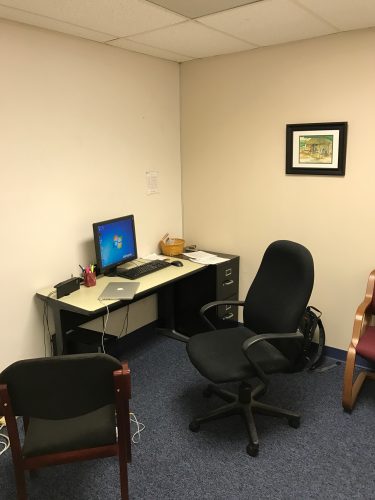
Durham, North Carolina, is a city in transition. Around the turn of the 21st century, the Tobacco companies that had dominated the Durham downtown landscape either put up shop and moved or outright failed. This was due in part to the US surgeon general’s condemnation of tobacco as a health risk. But, perhaps more directly, government support for the business of tobacco began to wane both in farmer subsidies and tax breaks for businesses.
This has left the city of Durham open to a new rapid phase of economic change. For better or worse, Durham is modernizing. New tech companies now call Durham their home and business parks around the area provide educated Durham residents with high income employment. However, the remnants of the low skill labor market of the tobacco era are ever present. The absence of big tobacco in the area has left a vacuum in both real estate and in employment. Areas of downtown Durham which used to be tobacco factories have been outfitted to fit the needs of an economy in transition. Families that used to rely on the presence of tobacco farming and processing for income are now forced to find employment in service professions or face homelessness. Gradually, the city’s residents are catching up with its modernization; however, the problems of rapid injection of money in to a community are becoming more and more evident.
Gerrymandering, particularly in historic Durham neighborhoods, is being displayed as residents are being muscled out of their homes due to higher rents. Today, the problems facing Durham communities are vastly different than the problems of fifty years ago. The organization I am working with this summer, the Durham Literacy Center, is combating the problems of illiteracy, the inability to speak English, and fighting for a high school education for old Durham residents and refugees arriving in the Durham area.


My past week and a half at the Durham Literacy Center has been spent tutoring adults for the GED and HiSET tests as well as designing a community resource guide tailored towards the needs of Literacy Center students. The former of these two jobs has required me to review the factual information and reasoning skills needed to be considered a high school graduate. The tests are not easy, especially for those without the resources to prepare for the exam. However, in Durham, without a high school degree, finding rewarding employment can be an incredible struggle. While brainstorming the contents of the community resource guide, one of the full time employees of the Literacy Center told me about her sense of the needs of the Literacy Center community. Finding low wage employment in the Durham area is not a problem, but it can be a prison. Without stable, well-paying jobs, individuals can enter into a cycle where even the slightest medical, personal, or financial problem can spell disaster. The first step is obtaining a high school degree, which is one reason why we’re all here.
